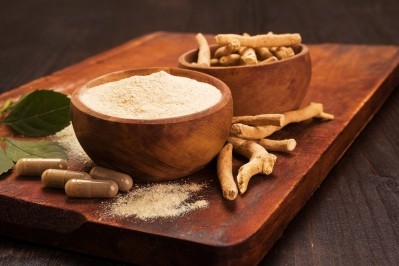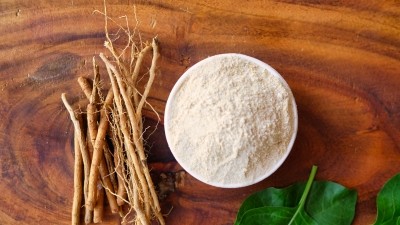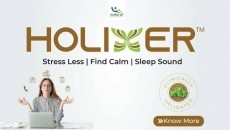Special journal issue seeks to address Ashwagandha concerns ‘one by one’
This content item was originally published on www.nutraingredients.com, a William Reed online publication.
A recent report from the Heads of Food Safety Agencies in Europe raised concerns about 13 ingredients in food supplements, including ashwagandha.
The HoA report essentially calls for an Article 8 procedure (according to Regulation (EC) No 1925/2006) against the 13 ingredients, which could lead to banning their use in food supplements.
“The only thing that helps us now is to actually address all the concerns one by one, and that is what this special issue is about,” said Dr. Brendler, who is affiliated with the University of Illinois.
Dr. Brendler and Prof. Jo Barnes from the University of Auckland in New Zealand are the guest editors for the special issue of Phytotherapy Research, which is seeking reports of primary investigations and robust reviews that address the various concerns around ashwagandha.
“We don't know yet what is going to happen, so the recommendation for an Article 8 procedure does not mean the European Commission is going to decide to do exactly that,” Dr. Brendler told us during a video interview. “However, it is very likely, and when it comes to that, we need to be able to support the regulator's decision-making with good science. And that, from past experience, is really the only way forward.
“Whenever a course of action has been determined, there will be a pretty narrow opening for commentary from industry or other stakeholders, and that window of opportunity we must not miss.”
More information about the Special Issue can be found HERE. The deadline for submissions is Tuesday, Dec. 31, 2024.
A long history of safe use
Ashwagandha (Withania somnifera) has a history of use in ayurvedic medicine that dates back as much as 4,000 years to the teaching of renowned scholar Punarvasu Atreya, and in subsequent works that make up the ayurvedic tradition, according to a monograph from the American Herbal Pharmacopoeia (AHP). The name of the herb derives from Sanskrit, and means “smells like a horse”, which refers to the strong smell of the root which is said to be redolent of horse sweat or urine.
Ashwagandha root is a well-known adaptogen—a substance believed to increase the body’s ability to adapt to different forms of stress.
Watch the full interview for more.














